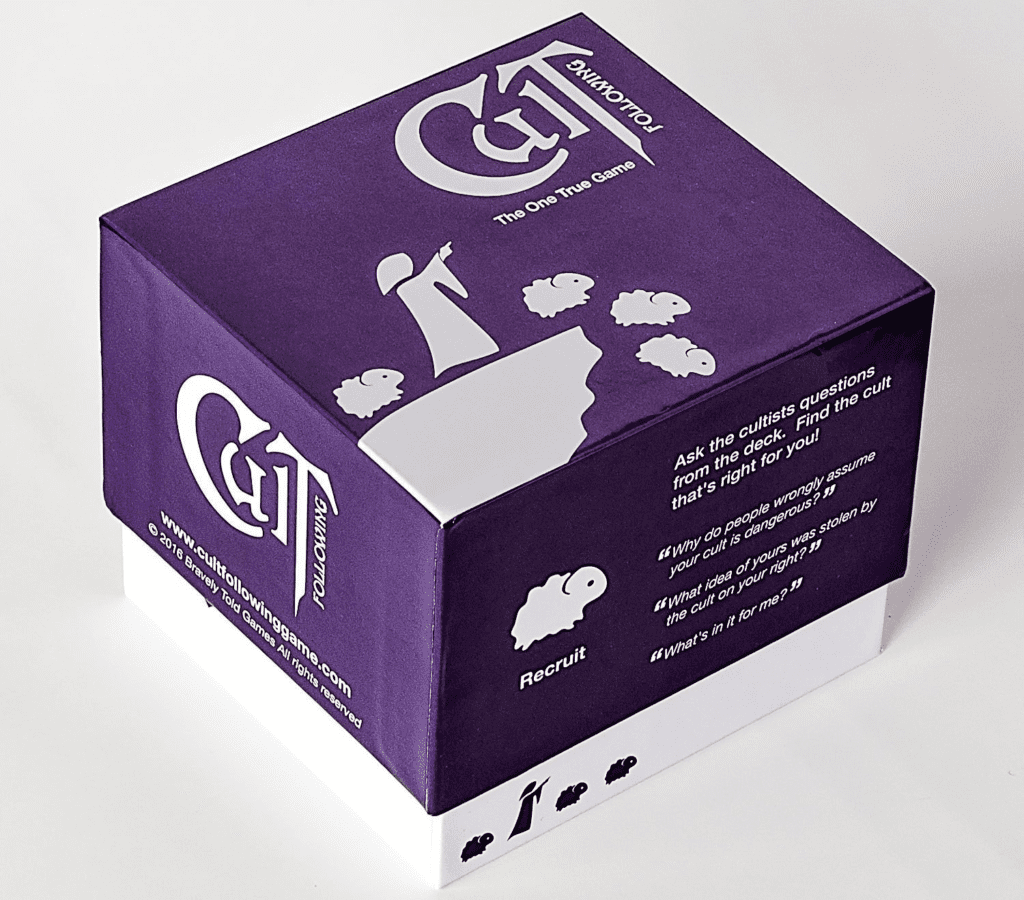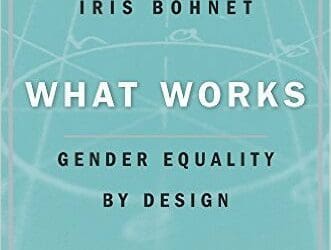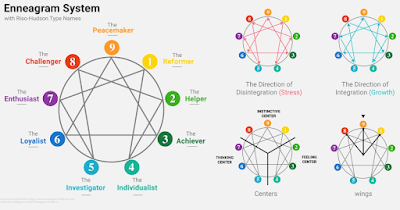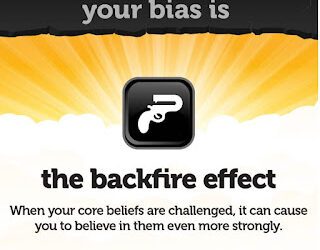
When Prophecy Fails: A Social and Psychological Study of a Modern Group that Predicted the Destruction of the World by Leon Festinger
My rating: 3 of 5 stars
In 1954, a group of social psychologists heard about a small cult group who believed aliens were coming to save them from a flood that would destroy the earth on Dec 21. The psychologists infiltrated the group to record everything they could about the events leading up to and shortly after the predicted destruction. This book is a detailed account of what happened and is somewhat of a lesser-known classic among psychologists.

and thought it was relevant to this review.
The fact that this book is a true story and an inside account of a cult-type group is amazing. Knowing this really happened is mind-boggling. To read a first-hand account of how people in the group acted and reacted during the time of events offers great insight into the lengths people will go to in order to maintain their beliefs, even when they are clearly disproven. The observations in this book are paralled on all sides of the modern political and religious spectrum.
The authors changed the names of the people involved and the cities where the events took place in order to protect their identities, presumably from further embarrassment since the events made national headlines. I understand the desire to do this, at least for the names, but changing the names of the cities was distracting and confusing because understanding the geography would have been helpful.
While the story, in theory, is extremely interesting, the book is written in a rather dry fashion, making it difficult to get through at times. Essentially. it’s too detailed and there’s not enough commentary on the events. It’s just straight reporting of what happened during the year of the events and it becomes increasingly detailed as the date of the prophecy got closer. There is commentary by the authors before and after the narrative of events, but it’s pretty minimal and doesn’t help in understanding until after the fact. Even with two psychology degrees, I would have benefited from more discussion of the psychological theories at work.
Overall, the book was worth reading, at least for me because of my background in psychology and how I try to integrate it into apologetics. There were some really great takeaways in the book, they were just spaced out between a lot of irrelevant details. I’m not sure I would recommend the book to anyone else unless they’re a psychologist, really interested in cults, or really want to understand biased reasoning.



